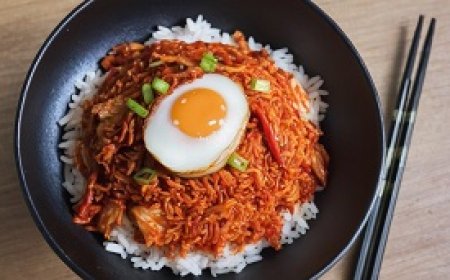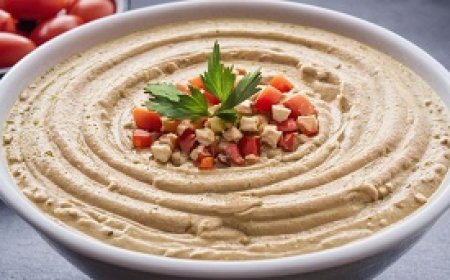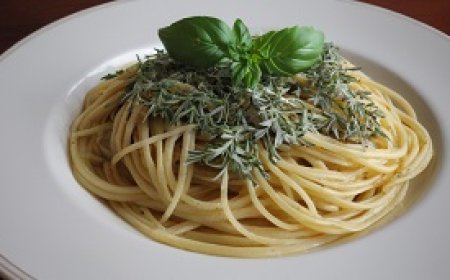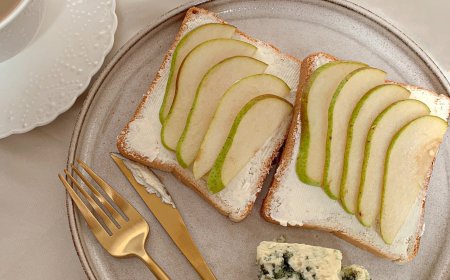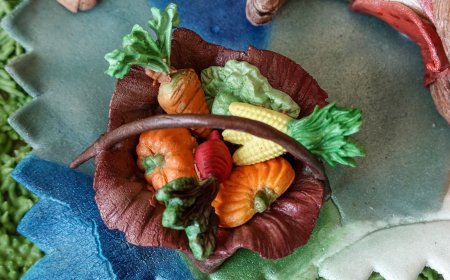The most important dietary sources of iron to combat anemia
The most important dietary sources of iron that contribute to combating anemia include red meat, spinach, peanuts, whole grains, berries, oysters, liver, and beans, with emphasis on the importance of consuming these foods to maintain iron levels in the body.
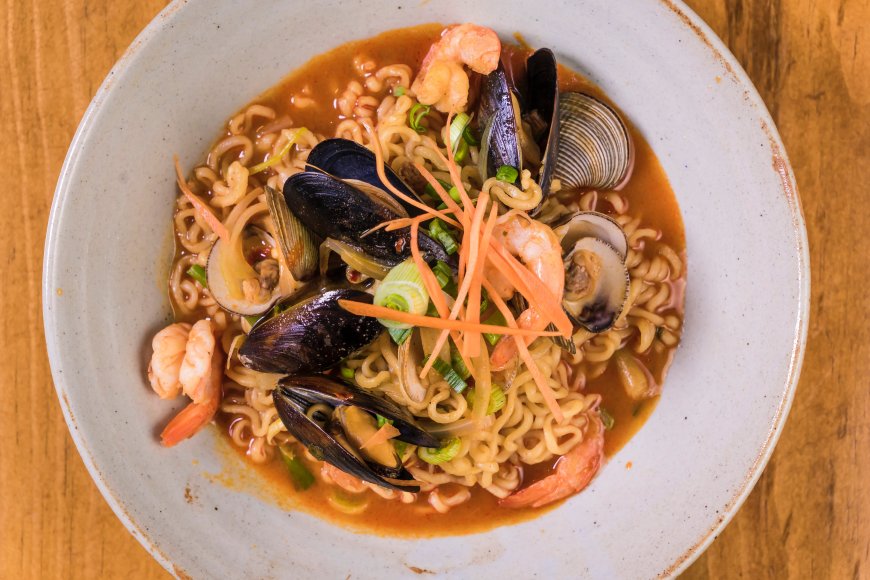
The most important dietary sources of iron that contribute to combating anemia include red meat, spinach, peanuts, whole grains, berries, oysters, liver, and beans, with emphasis on the importance of consuming these foods to maintain iron levels in the body.
The most important dietary sources of iron to combat anemia
Knowing the key dietary sources of iron to maintain your blood health can be crucial for achieving an ideal nutritional balance and preserving your overall health. Meats, especially red meats and liver, are among the prominent dietary sources of iron, providing ample amounts of iron easily absorbed by the body. Additionally, protein-rich foods like poultry, fish, and legumes are also excellent sources of iron. Leafy greens such as spinach and kale contain significant amounts of iron and are healthy options for your diet. Whole grains, nuts, and seeds also contain notable amounts of iron and can be an important part of your diet to maintain iron levels in the body. Furthermore, some fortified foods like iron-fortified breakfast cereals and vitamin and mineral-rich beverages can be helpful sources for increasing iron intake. Identifying suitable dietary sources of iron and incorporating them into your diet can contribute to improving iron levels in the blood and maintaining your overall health and daily activity.
Meat and vegetables
Meat and vegetables are important sources of dietary iron, contributing to blood health and preventing anemia. Regarding meat, red meat is considered one of the best sources of iron, containing a type of iron called heme iron that is easily absorbed by the body. Red meats include beef, lamb, veal, and pork. Additionally, organ meats like liver contain significant amounts of iron and are among the best sources of it.
As for vegetables, leafy greens are good sources of non-heme iron, including spinach, kale, lettuce, and cabbage. These vegetables contain non-heme iron, which is less easily absorbed than the heme iron found in meat. However, the absorption of non-heme iron can be enhanced by consuming it with sources of vitamin C such as citrus fruits, tomatoes, and red peppers.
Furthermore, improving the absorption of iron from vegetables can be done by cooking them rather than consuming them raw and by consuming rich sources of vitamin C in the same meal.
By diversifying your diet to include adequate amounts of both meat and vegetables, you can increase your dietary iron intake and contribute to maintaining your blood health and preventing anemia.
Consuming iron naturally
Consuming iron naturally is essential for maintaining good health and preventing iron deficiency and anemia. Iron can be obtained naturally from a variety of food sources. The most important dietary sources of iron include meats such as red meat, poultry, and fish, which contain iron that is easily absorbed by the body.
Additionally, leafy greens such as spinach, kale, and lettuce are good sources of plant-based iron, although it should be noted that the absorption of plant-based iron is less efficient than animal-based iron. Furthermore, iron can be obtained from legumes such as beans, lentils, and chickpeas, as well as from nuts and seeds such as almonds, hazelnuts, and sesame seeds.
To increase the absorption of plant-based iron, it can be consumed with sources rich in vitamin C such as citrus fruits, red peppers, and tomatoes. It is also advisable to avoid drinking coffee and tea at the same time as iron-rich meals, as caffeine can inhibit iron absorption.
By diversifying your diet to include various sources of dietary iron, you can ensure adequate intake of iron naturally and maintain your overall blood health and energy levels.
Tips and Guidelines
Tips and guidelines regarding dietary iron sources can help increase iron intake effectively and healthily, as well as enhance its absorption in the body. Here are some helpful tips
1. Regularly consume red meat: Red meat is a rich source of heme iron, which is easily absorbed by the body. Include meats such as beef, lamb, and veal in your daily meals.
2. Diversify protein sources: In addition to meats, iron can be obtained from other protein sources such as poultry, fish, and legumes like beans, lentils, and chickpeas.
3. Consume leafy greens: Spinach, kale, and lettuce are leafy greens rich in plant-based iron. Regular consumption is recommended to increase iron levels in the body.
4. Pay attention to vitamin C sources: Consuming foods rich in vitamin C such as citrus fruits, red peppers, and tomatoes can help increase the absorption of plant-based iron.
5. Avoid coffee and tea with iron-rich meals: It's important to avoid drinking coffee and tea at the same time as iron-containing meals, as caffeine can reduce iron absorption.
6. Choose iron-fortified foods: Iron-fortified breakfast cereals, beverages, and supplements can be chosen as an additional option to increase iron consumption.
7. Increase daily iron intake: It's important to diversify the diet to include various sources of iron and consume adequate amounts daily to maintain iron levels in the body.
By following these tips and guidelines, you can improve iron absorption, maintain overall health, and prevent iron deficiency and anemia issues.
Proper nutrition in treating anemia
Proper nutrition plays a crucial role in treating anemia, and targeting dietary iron sources can be a significant part of treatment and prevention.
1. Include iron sources in the diet: Rich dietary iron sources should be identified and regularly included in the diet, such as red meats, poultry, fish, legumes like beans and lentils, and leafy greens like spinach and kale.
2. Enhance iron absorption: Increasing the absorption of plant-based iron can be done by consuming it with sources rich in vitamin C such as citrus fruits and vegetables like red peppers and tomatoes.
3. Avoid iron-inhibiting foods and beverages: Consumption of tea, coffee, and carbonated beverages near iron-containing meals should be avoided, as they can reduce iron absorption.
4. Determine individual needs: Individuals suffering from anemia should consult a physician or nutrition specialist to determine individual iron needs and design an appropriate dietary plan.
5. Consume other vitamins and minerals: In addition to iron, other vitamins and minerals such as vitamin B12, vitamin A, and folic acid should be included in the diet as they play important roles in forming healthy blood cells.
6. Monitor weight and nutrition: It is important to monitor weight and maintain good nutrition to prevent deterioration of the condition and worsening of anemia.
Therefore, regularly including dietary iron sources in your diet and using supplements if necessary can contribute to improving blood health and effectively treating anemia.
The best dietary sources of iron
The best dietary sources of iron are those that contain large amounts of iron and can be efficiently absorbed by the body. Here are details about some of the best dietary sources of iron
1. Red meat: Meats are a rich source of heme iron, which is easily absorbed by the body. Red meats such as beef, lamb, and pork contain large amounts of iron.
2. Offal and liver: Liver is among the richest dietary sources of iron. It contains massive amounts of iron and can be regularly included in your meals.
3. Poultry: Poultry such as chicken and turkey contain good amounts of iron and serve as a good alternative to red meats for those preferring white meats.
4. Fish and seafood: Fish such as tuna, salmon, and sardines contain moderate amounts of iron along with many other beneficial nutrients.
5. Legumes: Legumes such as beans, lentils, and chickpeas are excellent sources of plant-based iron. They should be consumed regularly to increase iron levels in the body.
6. Leafy greens: Vegetables such as spinach, kale, and lettuce contain moderate amounts of iron and are a healthy, low-fat option.
7. Whole grains, seeds, and nuts: Whole grains and seeds such as quinoa, oats, and pumpkin seeds contain good amounts of iron, along with dried fruits like almonds and hazelnuts.
By regularly incorporating these sources into your diet, you can meet your body's iron needs and maintain overall health while preventing anemia.
Healthy nutrition to combat anemia
Healthy nutrition plays a crucial role in combating anemia, and achieving a balanced diet that includes targeting dietary iron sources can be key to maintaining good blood health.
1. Include iron-rich sources in your diet: Your diet should be rich in iron sources such as red meats, poultry, fish, legumes, leafy greens, whole grains, nuts, and seeds.
2. Focus on red meats and offal: Red meats and offal such as liver contain large amounts of iron that are quickly absorbed by the body, and they can be a fundamental part of the diet to combat anemia.
3. Consume fruits and vegetables rich in vitamin C: Vitamin C helps increase the absorption of plant-based iron, so consuming fruits and vegetables rich in it such as oranges, red peppers, and broccoli is important.
4. Avoid iron-inhibiting substances: Avoid consuming tea, coffee, carbonated drinks, and high-fiber foods at the same time as iron-rich meals, as they can reduce iron absorption.
5. Identify individual needs: Individuals suffering from anemia should consult a doctor or nutrition specialist to identify their individual iron needs and design an appropriate dietary plan.
6. Consume other vitamins and minerals: In addition to iron, other vitamins and minerals such as vitamin B12, vitamin A, and folic acid should be included in the diet, as they play important roles in forming healthy blood cells.
By incorporating these tips into your lifestyle and dietary habits, you can improve your blood health and effectively prevent anemia.
Summary
The key dietary sources of iron play a crucial role in combating anemia, as iron is essential for hemoglobin production and maintaining blood health. The main dietary sources of iron include red meats such as beef, poultry, and fish, as well as legumes like beans and lentils, leafy greens such as spinach and kale, in addition to whole grains, nuts, and seeds. By regularly incorporating these dietary sources into one's diet, iron levels in the body can be enhanced, blood health can be maintained, and anemia can be prevented.
sources
1. Iron-rich foods: 10 sources to boost iron levels in the body, Healthline
2. Iron: Sources, benefits, symptoms of deficiency, Mayo Clinic
3. Iron-rich foods: A list of foods rich in iron, Medical News Today
4. Anemia, World Health Organization website
What's Your Reaction?





















































